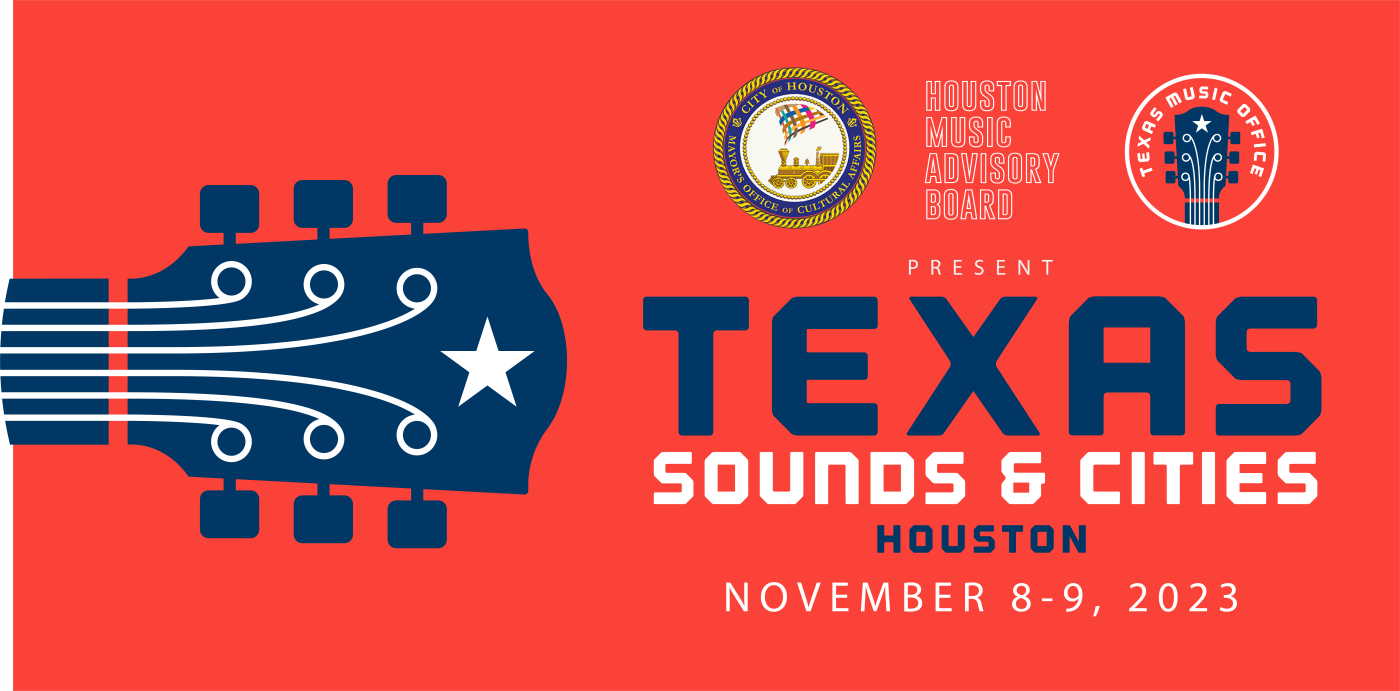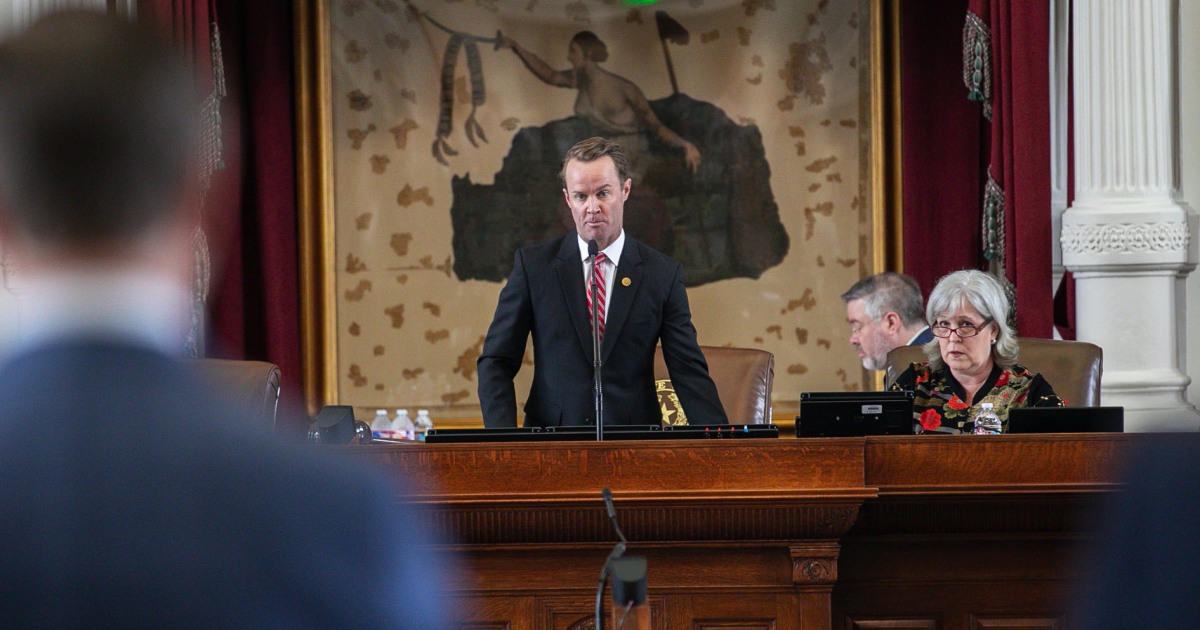- The Texas Report
- Posts
- The Texas Report 10/27
The Texas Report 10/27
The Texas Report 10/27

What’s happening in Texas:
Texas House advances special session priorities
Texas Education Commissioner Mike Morath has been temporarily blocked from revising the Texas school accountability rating system
Texas House advances special session priorities

The House of Representatives
Late Wednesday night, the Texas House advanced various Republican priority bills for the third special session of the 88th Texas Legislature.
S.B. 7 by Senator Mayes Middleton (R-Galveston) would create punishments and prohibitions for private employers requiring COVID-19 vaccinations. The legislation was amended twice during the House debate. One of the amendments increased the penalty for employers requiring vaccinations from $10,000 to $50,000.
S.B. 7 has been a contentious issue among the furthest right Republican House members and the conservative leadership. The far-right wing routinely blames the Speaker and leadership "for not passing conservative legislation" while also taking credit for S.B. 7 carried by top Speaker Phelan lieutenant, Representative Jeff Leach.
The far-right rage machine is led by a handful of the furthest right members working with Paxton, Defend Texas Liberty (the organization that recently met with a neo-Nazi), and the state Republican Party. These members are looking for ways to make the Speaker and his Republican leadership look bad, even if the issues they're complaining about are being handled by other legislators.
Recently, this has meant regular radio and television spots with conservative networks and constant barrages on social media.
An example:
College students, medical students, and nursing students deserve protection from #covid vaccine mandates too!
#Txlege House leadership has spent all year killing the bills that would’ve protected ALL Texans (while the Senate passed multiple.)
Shameful.
— Brian Harrison (@brianeharrison)
6:23 PM • Oct 26, 2023
Representative Harrison is one of the most prolific tweeters among Phelan's enemies and has made vaccine mandates a key issue. After proposing the above amendment, it was struck down by a "point of order," a parliamentary procedure to kill amendments that don't comply with legislative rules.
After posting this tweet two amendments later, Representative Briscoe Cain added an amendment seemingly addressing Harrison's concerns that was adopted 88-59. This infighting is primarily limited to a handful of members, but should it continue, it could add significant dysfunction to the House. S.B. 7 is headed back to the Senate, where Senator Middleton will decide whether to concur with the House changes and then the bill goes to Governor Abbott's desk.
S.B. 4 by Senator Pete Flores would increase criminal penalties and establish mandatory minimums for certain criminal conduct. This is the first bill of the special session to go to the Governor's desk.
H.B. 6 by Representative Jacey Jetton would appropriate $1.5 billion to the Governor's office to disperse for building more border wall. This is now headed to the Senate, which will consider a similar bill on Monday. S.B. 6 by Senator Joan Huffman adds $67 million to the overall $1.5 billion for the border wall.
$17.4 million is for the border prosecution unit
$10 million in grants to local governments to mitigate potential costs of additional demands on local prosecutorial and correctional resources should S.B. 11 (or something similar) pass.
$40 million to DPS for responding to the border crisis.
H.B. 4 by Representative David Spiller is the bill that's gotten the most attention during the third special session. H.B. 4 would create a criminal offense related to illegal entry or presence in the state, give all law enforcement officers the ability to arrest migrants, and subsequently authorize the removal of such aliens.
H.B. 4 enhances the penalty for a subsequent conviction of the offense of illegal entry from a foreign nation to a state jail felony.
Texas Democrats came out hard against this bill, and debate went into the wee hours of the night. At one point, Representative Cody Harris sought to limit the filing of amendments to what was already on the Speaker's desk (several dozen democratic amendments.)
This rarely used motion ended up passing, and subsequently, House Speaker Dade Phelan called a break as members posed parliamentary inquiries about the motion, and the House stood at ease for hours. When they returned, Phelan called for the dozens of pending amendments to be heard.
It caused quite a bit of tension on the House floor, as you can see in the video below of an exchange between Representative Armando Walle (D-Houston) and Representative Cody Harris.
What cowards we have on the other side of the aisle. They can’t even allow full and fair debate over their trash bills. They are silencing the voice of Texans across the state who chose US to represent them at the #TXLege. TEXAS CANNOT FORGET THIS DAY.
— Representative Ana-Maria Ramos (@Ramos4Texas)
11:37 PM • Oct 25, 2023
"It hurts us to our fucking core," Walle said. "And you don't understand that you don't live in our skin. And that's what pisses me off.
Under the bill, a first-time offender could be convicted of a misdemeanor and be punished by up to 180 days behind bars. The penalty would jump to a felony punishable by up to two years in prison if the person has repeatedly entered the country illegally. The legislation passed 84-60, where it will now head to the Senate and almost assuredly go to the Governor's desk and become law.
Abbott's border security priorities will pass next week, and then vouchers will remain the elephant in the room.
Around the Capitol, rumor is there is little hope any voucher will get done this special session, and the Governor will likely call another one to try and pass a school choice bill. The Texas Senate will supposedly meet to discuss the Colony Ridge "situation" next week.
Texas Education Commissioner Mike Morath has been temporarily blocked from revising the Texas school accountability rating system

TEA Commissioner Mike Morath
A Travis County judge on Thursday temporarily blocked a revised Texas school accountability rating system in response to a lawsuit from a group of more than 100 school districts.
Seven of those districts sued Texas Education Commissioner Mike Morath in August, claiming the new guidelines were released too late in violation of state law. The new standards applied to students who had already graduated in 2022, before the districts knew about the change.
Since then, dozens of other districts have signed the suit, including Dallas, Plano, Fort Worth, Arlington, Denton, Red Oak, Crowley, Frisco, Prosper, and Richardson.
Morath and the TEA started revising the A-F accountability metrics, which gauge whether districts successfully prepare students for life after high school, in October 2021. They published the new calculations in January of this year. The new rules raise the thresholds for top ratings.
Previously, a district in which 60% of students were considered career and college-ready earned an A rating. The new policy raised it to 88%, KUT reported.
The changes are intended to reflect the last school year, meaning districts could face lower scores without knowing the criteria.
The TEA had temporarily delayed the release of the 2022-23 school year accountability ratings in September, two weeks before they were initially planned to come out. This injunction prohibits Morath and anyone affiliated with him from assigning the new scores.
In a statement, the TEA confirmed the agency would appeal the decision.
"This ruling completely disregards the laws of this state and, for the foreseeable future, prevents any A-F performance information from being issued to help millions of parents and educators improve the lives of our students," the statement read. "The A-F system has been a positive force in Texas public education, supporting improved outcomes for students across the state, especially those most vulnerable."
Critics of the revised policy allege that the timing of the rating changes is due to the special legislative session to provide voucher proponents with more talking points.
Some Interesting News Around the State:




Reply